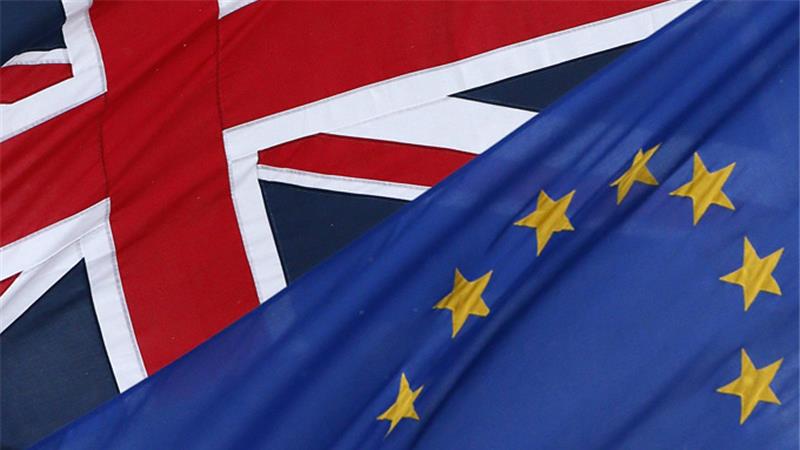In the wake of the Brexit vote- Britain leaving the European Union – we have had another night of falls in the pound and red ink on stockmarkets around the world.
Some of this reaction is predictable – markets always despise uncertainty. However, is this level of reaction just the pack mentality of the markets or actually based on well founded fears? As this interview with Jesse Mulligan from RNZ explores, the answer really depends on how Britain manages the exit.
In summary there are three basic scenarios for how this could play out:
- the cloud cuckoo land scenario is the one Brexit campaigners initially put forward – that Britain could keep free trade but remove themselves from EU regulation and freedom of movement. EU officials have already said this is a no go – if they gave this deal to Britain then the EU would fall apart.
- the best case scenario is that Britain negotiates a deal similar to Norway or Switzerland. This would mean they keep mostly free trade and freedom of movement with Europe, but negotiate their way out of specific EU regulations they don’t like (e.g. agriculture and fisheries). In an attempt to calm the markets Boris Johnson has already hinted that he is moving towards this kind of solution. However, this outcome could be seen as a backdown for the Brexit camp.
- the worst case scenario is that Britain digs its heels in on controlled migration and ends up getting chucked out of the EU. This would spell disaster for the companies that have their European head office in Britain, and when those companies moved to Europe there would be big job losses in Britain. This option would simply be economic suicide for Britain.
It is the fear of the worst case scenario – or even the EU disintegrating altogether – that markets are reacting against. If Britain takes the sensible route and negotiates a Norway or Switzerland type exit then we are likely to see markets calm down pretty quickly. Of course given negotiations aren’t scheduled to begin until Britain has a new Prime Minister in October, in the short term we face considerable uncertainty which looks like it will tip Britain into recession.

